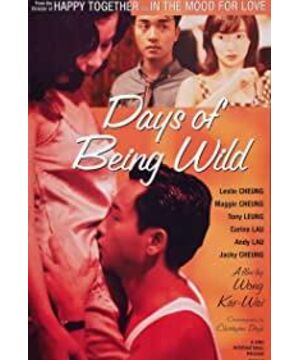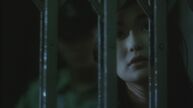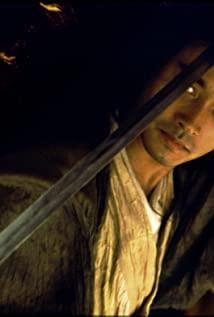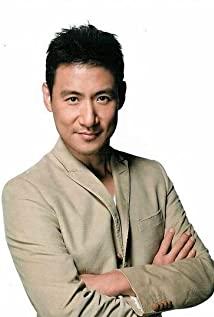At first, I thought "The True Story of Ah Fei" was a metaphor for his life; later, I insisted that these plays and his life were two parallel worlds that were unrelated. Now I don't seem to pay much attention to the causal relationship between movies and reality. But seeing Xu Zai dying in the dark and damp carriage when the train reached the long bridge across the forest, his expression gradually darkened. I can't help but think of a certain gray spring 13 years after this train passed.
When I asked theater directors and theater writers whether actors might be overwhelmed by the dramatic situation that led to their lives being swallowed up, they all said unequivocally that it was just a fantasy. When answering students' questions in an open class, a performance scholar also said that Leslie Cheung's life ending has nothing to do with drama. Later, I read Stanislavsky's performance theory, and saw that he repeatedly emphasized that imitation is a mechanical and failed performance, and excellent acting should be achieved by experiencing the character and destiny of the character. My understanding is that the actor needs to resonate with the soul of the character in order to embed himself deeply into the dramatic situation. From this point of view, acting is not self-absorption, but rediscovering another potential potential of one's life from the mirror image of the screen. In other words, actors need to have a clear sense of self in order to see their own reflection in the mirror and dance with the characters in the play.
With this understanding, when I go to private message to tell the scholar about my thoughts, the scholar's private message reply is not as simple as in the open class. He told me that people always imagine the relationship between the actor and the character too simplistic. When an actor crosses from the realm of reality to the realm of illusory drama, his body overlaps with the image reproduced by the camera. His real body personally practices life elsewhere, but is still rooted in the soil of reality. Although no matter how long the filming will end, his performance experience will settle in the back of his mind and become part of his memory. In talking with him, I realized that people who are permanently immersed in the play (if such extreme situations exist) are actually not suffering, because they never have to be troubled by trivial practical problems. The real pain is precisely those who yearn to sleep in their dreams, but are unwilling or unable to get out of the siege of the mundane world, and those who wake up suddenly after a big dream, only to realize that they are still locked in the cage of reality. Real people can't be overly indulged in fictional stories, because they have to be busy all the time for the survival of the mundane world. For the commercial idols rising in Vanity Fair, if they sleep in their roles forever, they are not enough to cope with all kinds of intricate worldly feelings in the materialistic entertainment circle, and how can they maintain their superstar status for more than 20 years. So he openly refused to admit that all the roles are related to him, because he has a clear head to deal with the world, but at the same time he also has a heart that is willing to sink to nostalgia for the camera. At the end of "The True Story of Ah Fei", his last line is: The sky is starting to light up, and the weather looks good today. I wonder what the sunset will be like today? And sometime thirteen years later In the evening, in reality, he actually climbed to a high place to watch a sunset, and then said goodbye to the whole spring.
Causal logic can only demonstrate the truth and falsehood at the real level, but it cannot explain the subtle relationship between drama and life. When we stop and stare at his life, we see him as an actor shuttle between various theatrical scenes, and see the infinite overlapping and intertwining of drama and reality, which makes his life more blurred and more colorful. All this cannot be said, because any words appear deliberate and absurd. In the end, we can only sigh: why is it difficult for us to forget you, because such a life is really charming!
View more about Days of Being Wild reviews











